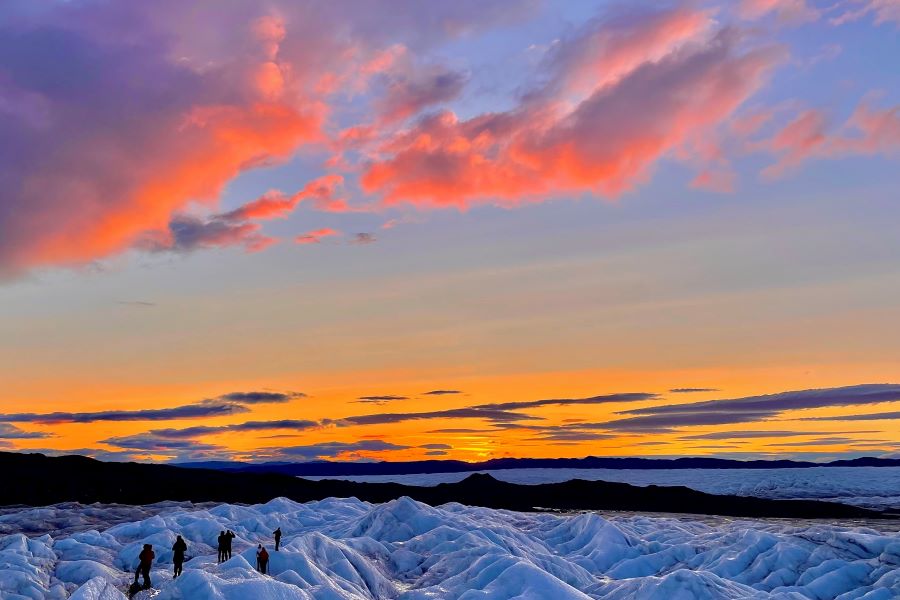
by Simikka Dueholm Jensen, Oluf Maersk-Moller and Ann Hansen | 19 Nov 2021 | Climate change, Discovery, Environment, Eyewitness, Herlufsholm, Student Posts, Youth Voices
On a trip to Greenland, we camped on an ice cap, saw towering icebergs and witnessed the effects of climate change on the world’s biggest island. In August, six students from the Herlufsholm School spent 10 days in Greenland to study the effects of climate...

by Nelson Graves | 12 Nov 2021 | African Leadership Academy, Climate change, Environment, European School Brussels, Podcasts, Politics, Thacher School, World, Youth Voices
Four students express frustration, anger and disappointment over climate change and urge world leaders to listen to youth before it’s too late. News Decoder · Youth speak out about climate change Frustrated. Angry. Disappointed. Climate change inspires a mix of...
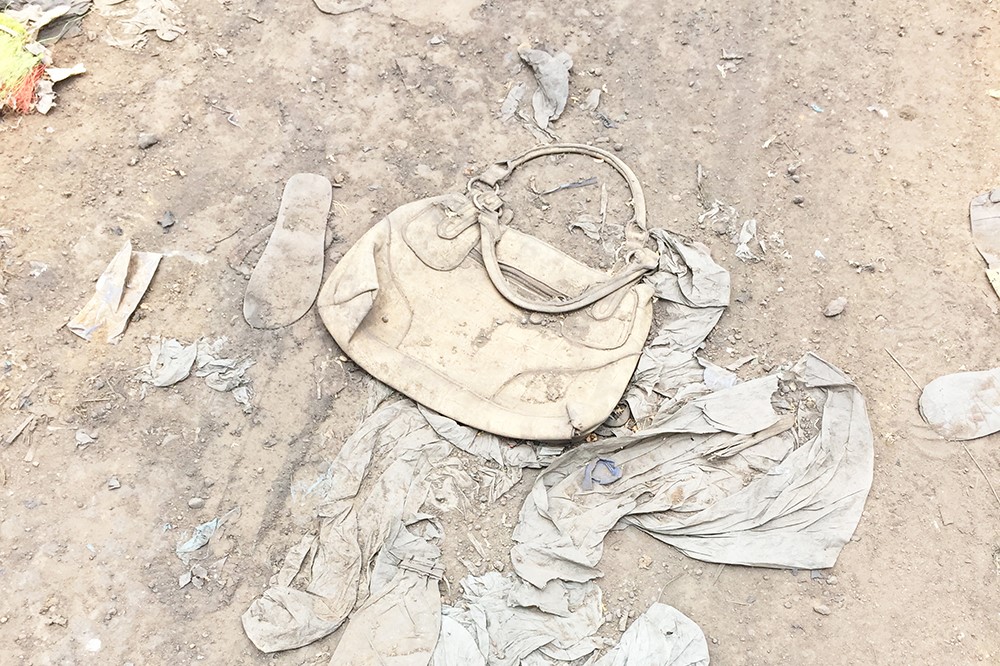
by Tara Heidger | 10 Nov 2021 | Climate change, Economy, Educators' Catalog, Environment, World
Clothing, especially from fast fashion, is a major contributor to global warming and pollution. Mountains of discarded garments end up in West Africa. (Photo courtesy of Dead White Man’s Clothes, a multimedia research project exploring the secondhand clothing trade in...
Recycling is not always the environmentally friendly thing to do. In 2012, 84% of recycled clothing ended up in landfills, often traveling thousands of miles to get there. Correspondent Tara Heidger shines a light on the relentless overproduction and overconsumption of cheap clothing and the disproportionate impact on countries like Ghana in the Global South, where the majority of discarded fashions end up. Beyond government policies and programs, individual consumption patterns must change.
Exercise: Ask students to consider how their own consumption might contribute to global warming, then use the four ‘R’s’ — repair, resale, reuse and rental — to create a schoolwide awareness campaign to help divert unwanted fashions from the wastestream.

by Sue Landau | 1 Nov 2021 | Climate change, Educators' Catalog, Environment, Politics, World
Nations have not lived up to commitments made in Paris six years ago. But there has been progress in combating climate change. Let’s not lose hope. A protester participates in a demonstration calling for urgent measures to combat climate change, Brussels,...
While the UN’s Climate Change Conference COP26 left some constituents hoping for more action, correspondent Sue Landau offers a perspective on how far we’ve come in the fight against climate change. There have been major industrial developments since the Paris climate talks in 2015 that started to put real, clean alternatives to fossil fuels within our grasp. But they were not without their naysayers, who tend to forget that we are at the beginning of the story, not the end. Solar power is in its infancy but has the potential to be harnessed much more. Green hydrogen as a fuel and industrial feedstock is still mostly in the development stage. Carmakers are betting heavily on the future of electric vehicles. Change takes time.
Exercise: Ask students to compare and contrast alternative energy sources, noting costs and benefits for each.
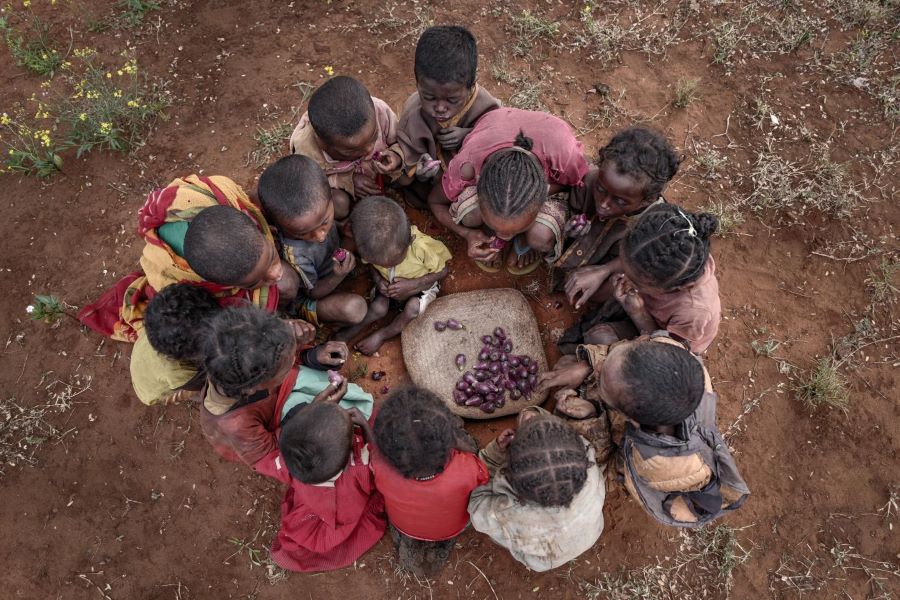
by Jeremy Solomons | 29 Oct 2021 | Africa, Climate change, Environment, Immigration, Refugees
Africa has contributed very little to global warming. But the continent is the most vulnerable to the impact of climate change — and already suffering. Children in Madagascar. The United Nations estimates that at least half a million children under the age of...
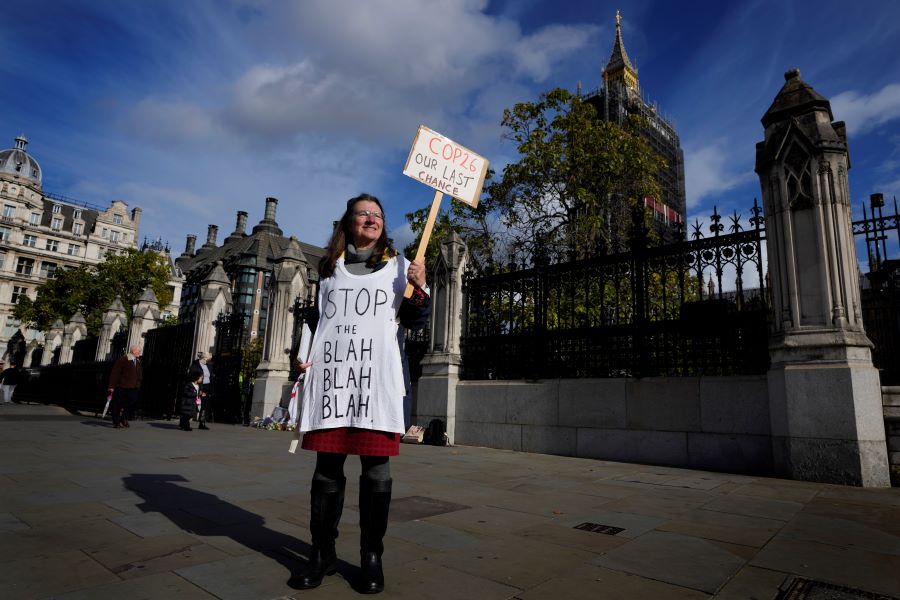
by Jeremy Lovell | 27 Oct 2021 | Climate change, Environment, Politics, World
Like many international negotiations, UN climate talks eschew voting and require consensus of all nations for an accord — a curious form of democracy. A climate demonstrator outside parliament in London, 25 October 2021 (AP Photo/Kirsty Wigglesworth) This story...
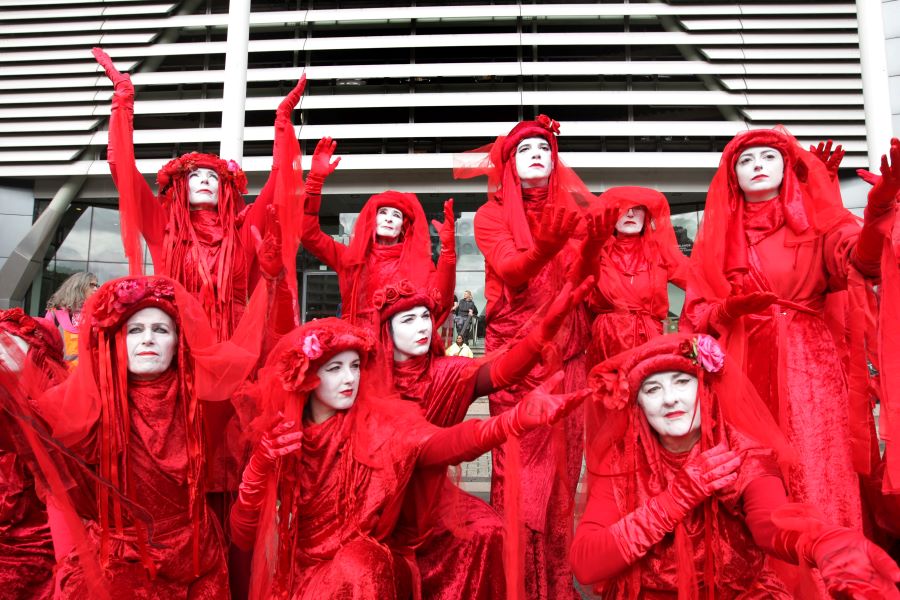
by Robert Hart | 25 Oct 2021 | Climate change, Environment, World
Earth is headed towards unsustainably high temperatures. The jury is out whether world leaders at COP26 in Glasgow will be able to stave off disaster. Extinction Rebellion Red Rebels climate activists protest in The Hague, Netherlands, 11 October 2021. (Paulo Amorim /...
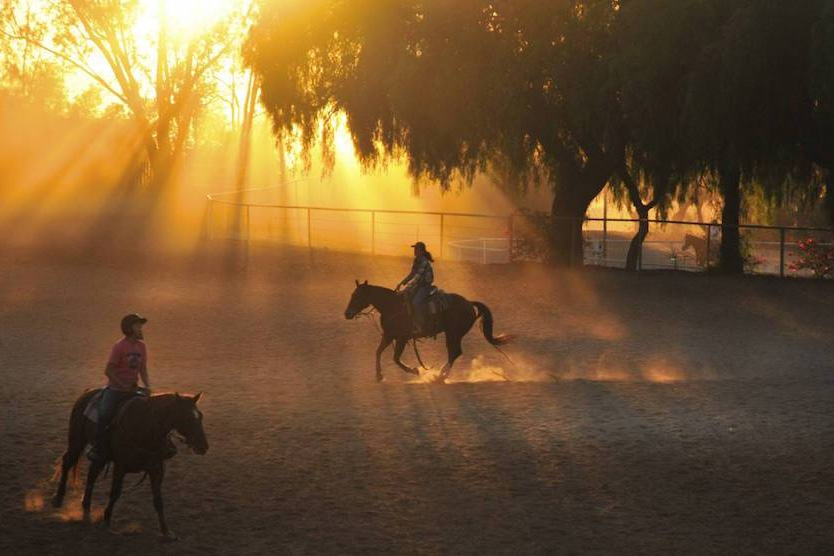
by Christina MacCorkle and Lucy Maitland-Lewis | 18 Aug 2021 | Educators' Catalog, Environment, Politics, Student Posts, Thacher School, Youth Voices
The U.S. government owns the rights to any oil under our school. So, could frackers drill on campus? Turns out, the only certainty is the need to vote. Gymkhana Field at The Thacher School (Carin Yates/Thacher School) Since its founding in 1889, The Thacher School in...
Journalism is an adventure and publishing a process — lessons that Christina MacCorkle and Lucy Maitland-Lewis learned in spades in producing their article on a beloved field at their school in California. Gymkhana Field is where generations of Thacher School students have ridden horses, but it may also lie above valuable oil. Which is where the U.S. agency that manages federal lands enters the picture. Their story went through multiple drafts as they dug deeper and deeper into the web of issues. The bottom line is that the field’s future is uncertain — an ambiguous conclusion that could frustrate some writers. But the authors learned from the experience and their story educates us as well.
Exercise: Ask your students to research the history of their school grounds and to find out whether there is a chance that there could be changes to the school’s footprint, and if so, why.
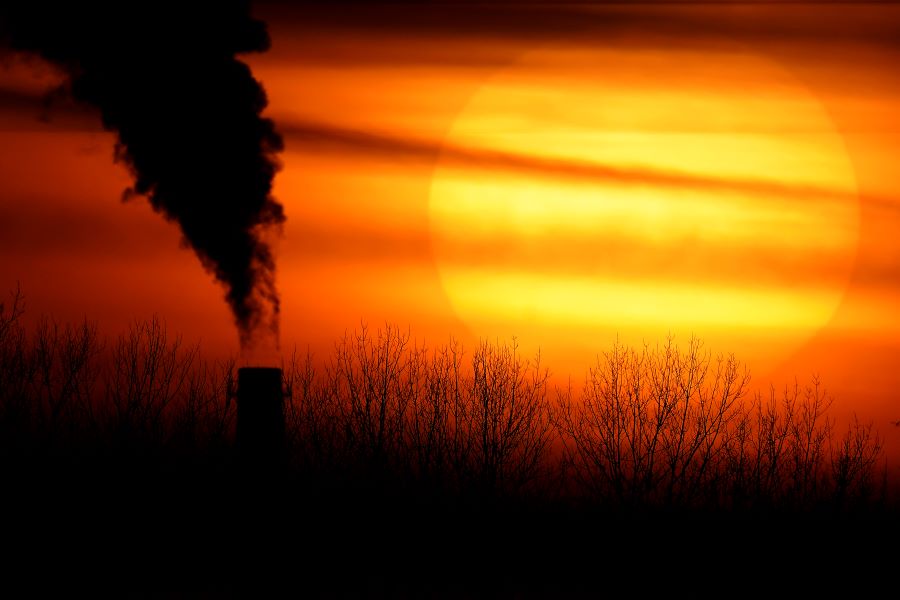
by Alister Doyle | 10 Aug 2021 | Climate change, Educators' Catalog, Environment, Technology, World
It’s taken more than a century, but experts now say humans are definitely to blame for the climate crisis. Will a UN report spur nations to take action? Emissions from a coal-fired power plant in Independence, Missouri, United States, 1 February 2021 (AP...
Alister Doyle puts his years of experience covering the environment to use in connecting the dots between the umpteenth report on the climate crisis and the umpteenth global meeting on what to do. Doyle provides a genuine service in showing us why the latest report by government experts and climate scientists has a bearing on the summit later this year in Glasgow to review the 2015 Paris Climate Agreement. Doyle’s report exemplifies News Decoder’s mission to explain complex global problems in a dispassionate, balanced and understandable way.
Exercise: Ask your students to choose an issue on the front page of a daily newspaper or on the nightly news, and to write an article explaining the background to the issue and why it’s important to the readers.

by Enrique Shore | 28 Jun 2021 | Discovery, Environment, Personal Reflections
Little did I know that leaving New York City during COVID-19 lockdown would bring me and my camera face-to-face with wild foxes. (All photos by Enrique Shore) I must admit that until very recently, I didn’t know anything about foxes. With few exceptions, people living...









